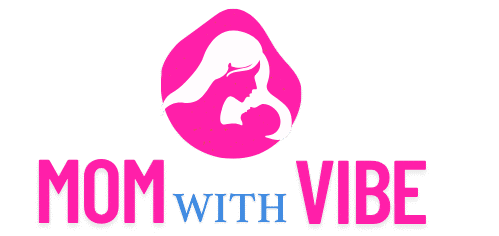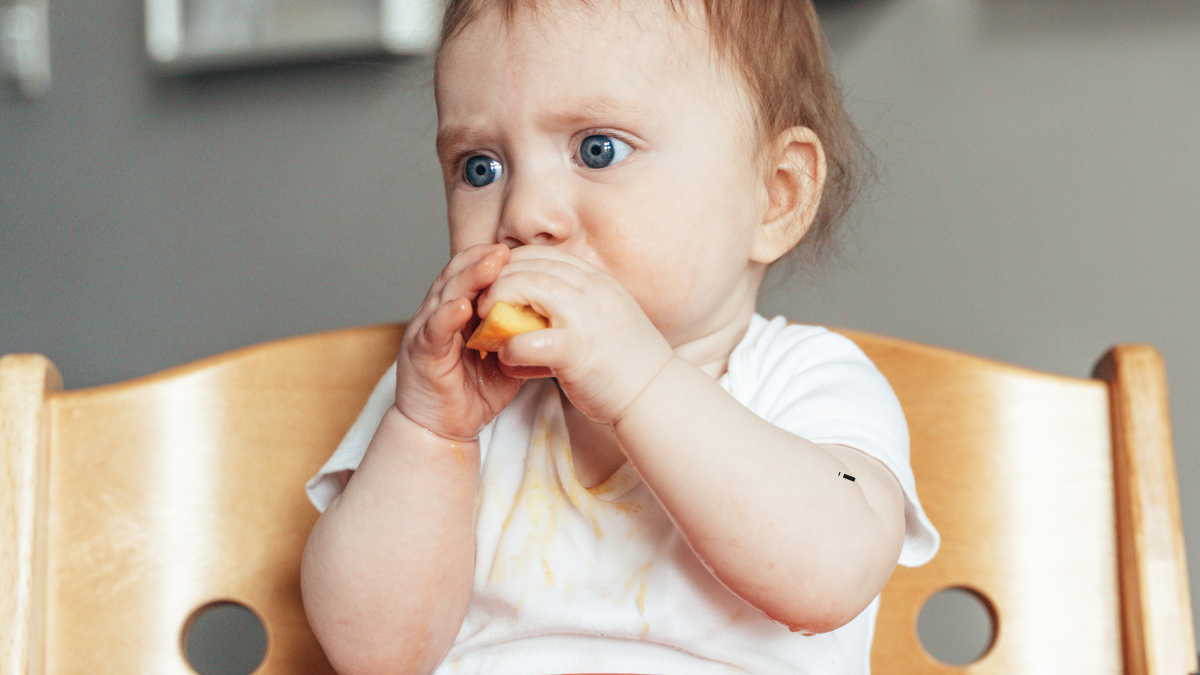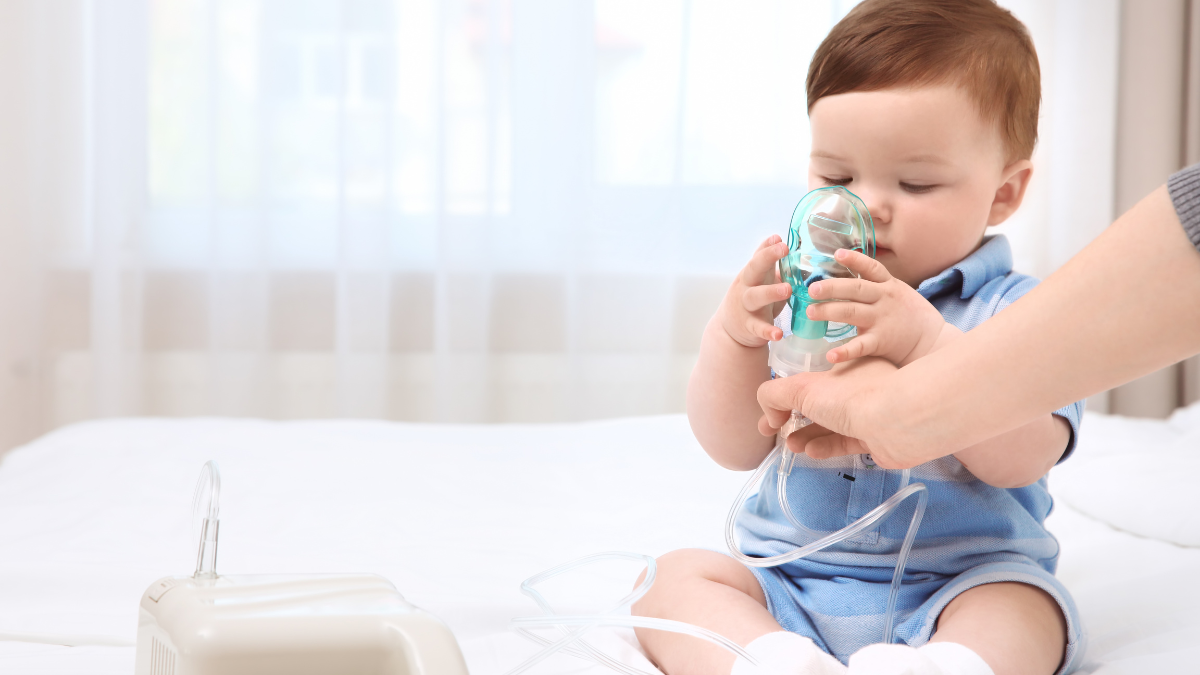One of the common food allergies in babies and young children is eggs. As parents, you can learn how it is possible to identify the signs early and deal with the allergy to keep your baby safe. Upon having suspicions about your baby possibly having an allergy to eggs, it is wise to be alert to the symptoms and consult a doctor. A little later in the blog post, you will be guided through the 10 most frequent signs of an egg allergy in infants, along with other helpful advice on how to manage the condition.
1. Hives or Rash
A skin reaction is one of the fastest manifestations of an egg allergy. You can tell that your baby has an allergic reaction to eggs if she gets raised and red hives or a rash soon after eating eggs. The rash could be seen on the face, neck, or other areas of the body where the egg got into contact. Sometimes the skin looks inflamed, swollen, and itchy. In case the rash appears to be hindering or persists, it should be advisable to seek the advice of your pediatrician on how the rash can be controlled.
On top of hives, not all babies affected by egg allergies will have eczema as well, with dry and itchy areas observed on the skin. This is a common indication that your baby is allergic to the chicken egg proteins.
2. Swelling
Another symptom of an egg allergy is swelling, and in most cases, it occurs on the face, lips, or eyes. This is because the immune system responds to the egg proteins as harmful, thus causing inflammation. In the worst scenarios, the swelling might spread to the throat, which can interfere with breathing and demands urgent medical care.
Related: 10 Signs of Soy Allergy in Babies Every Parent Should Know
A general swelling of the eyes or lips may not necessarily mean that there is an egg allergy, but in a case where the swelling occurs shortly after consuming eggs, this is an important issue to monitor. In the event that your swelling progresses or disrupts the breathing of your baby, it might mean that there is anaphylaxis, which is the severe reaction that needs immediate treatment.
3. Problems of the Stomach and Bowels (Vomiting or Diarrhea)
Allergies that lead to gastrointestinal problems may include vomiting, diarrhea, or stomach pains that your baby may suffer due to an allergic reaction to eggs. This might appear immediately after consumption of eggs, and it occurs in cases where there is an overreaction of the immune system, which leads to discomfort in the digestive system. Dehydration can also be caused by vomiting and diarrhea, and thus it is important to keep your baby hydrated in case they have these conditions.
Babies may also develop abdominal cramps or pain in other instances, which may render them fussy and irritable. This reaction may not be as clear as skin or breathing problems, but it forms a major gauge that an individual may have a food allergy. Always observe your baby and call the pediatrician for feedback.
4. Wheezing or Coughing
Your baby could experience respiratory ailments such as cough, wheezing, or a stuffy nose in case he or she is allergic to eggs. This is attributed to the fact that, since the body has immunity to the egg proteins, they may cause such breathing difficulties due to the influence on the airways. The symptoms can be similar to those of a cold or respiratory infection, in other cases. But when the symptoms occur after eating eggs, then the chances are that the reaction is associated with the allergy.
Wheezing is especially troublesome, as it could signify that the airways in your baby are getting narrow, and it is strenuous for your baby to breathe in and out. You should also see the doctor within the shortest time possible when you notice long-term wheezing or strained breathing.
5. Breathing Difficulties (Anaphylaxis)
Most commonly, egg allergies may result in anaphylaxis in rare and severe cases, and it is life-threatening due to the allergic reaction affecting the internal airways, which may lead to an inability to breathe easily. Anaphylaxis may have symptoms that progress very quickly, and unless it is treated immediately, it may cause a descent in blood pressure and shock, leading to death.
Anaphylaxis presents signs of swelling at the throat, shortness of breath, an increased heartbeat, lightheadedness, or loss of consciousness. In case your baby has any of these symptoms, you are called to call emergency services. Anaphylaxis responds to epinephrine injection, and this is the reason why you need to have an action plan in case this kind of allergy affects your child when they are diagnosed to be allergic to eggs.
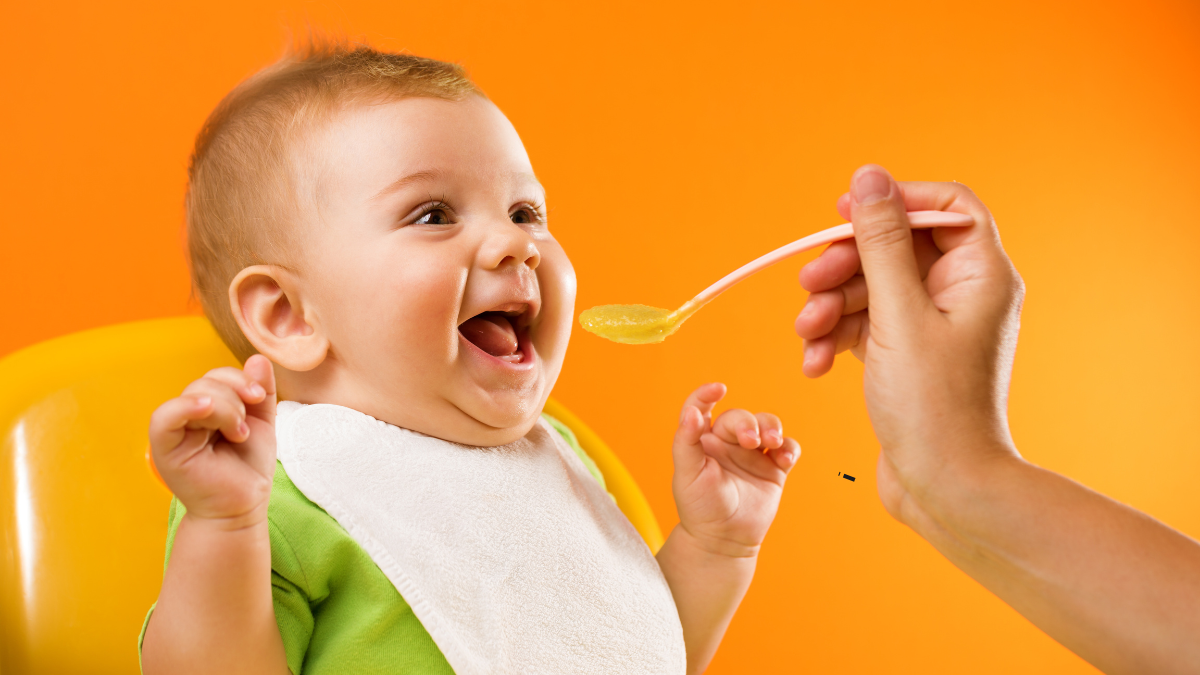
6. Itchy Eyes
Egg allergy reactions can lead to your baby getting itchy, red, or watery eyes. Other allergies commonly accompany this symptom, such as a runny nose or rash on the skin. The same case applies if your baby is rubbing their eyes constantly or you feel that they are uncomfortable; it could be a sign of an egg allergy.
Babies might find itchy eyes very uncomfortable, and hence, a lot of care should be given to them. Taking antihistamines or eye drops suggested by the doctor can also reduce the irritation partially, but a must in this case is a pediatrician consultation before administering any medicine to your baby.
7. Eczema Flare-Ups
A flare-up of eczema may also be caused by egg allergy in case your baby has it. Eczema is a seasonal skin disease where the skin dries up, becomes itchy, and swells up. Contact with egg proteins can cause the skin to become more irritated, which can crack, bleed, or become inflamed.
Infants who have eczema are usually hypersensitive to allergens, and allergies to eggs may exacerbate their skin condition. In case you find that after eating eggs, the eczema of your baby irritates, then eliminate eggs from their diet and consult your baby’s doctor on what to do with both the eczema and egg allergy.
8. Fussy or Irritable
After eating eggs, babies may become quarrelsome or fussy, particularly when they are allergic to it. This may be due to the physical symptoms such as stomach pains, irritations on the skin, or itching. Babies who cannot express their discomfort sufficiently might cry a lot or develop sleep problems following the consumption of eggs.
This is also an indication that your baby is not well due to gastrointestinal disturbances such as diarrhea or vomiting, hence the irritability. Focus on the general behavior of your baby, and in the case that the fussy behavior lingers or becomes worse, then it is significant to look for other symptoms of an allergy.
9. Difficulty Sleeping
In case your child is allergic to eggs, he or she will not sleep well because of the unpleasant feelings and pangs. The skin irritability, diarrhea, or asthma can cause problems, forcing your baby to struggle to rest and have a good night’s sleep. Discomfort due to allergic reactions may disrupt the standard sleep process, so it is vital to watch your baby’s sleeping habits closely.
When your baby keeps waking up in the middle of the night or appears incapable of falling asleep, it might be a signal that there is an after-effect of developing an allergy to the proteins in eggs.
10. Delayed Symptoms
Sometimes, the symptoms of egg allergy could fail to show immediately after consumption of eggs. The signs may take several hours to develop, prompting parents to establish a correlation between the allergy and the food. This slow response may comprise diarrhea, eczema outbreaks, or breathing problems.
Delayed symptoms are harder to identify since they can appear after hours of consuming eggs. When you see your baby displaying any of these delayed symptoms after consuming eggs, there is a need to visit your pediatrician and establish whether your baby might be allergic to eggs.
What to Do When You Detect an Egg Allergy?
It is imperative to consult your pediatrician if you observe any of the above symptoms that develop after your baby consumes eggs, so that they can be diagnosed and advice can be offered as well. To be sure that a person has an egg allergy, an allergist can suggest an allergy test or elimination diet. Sometimes they could recommend some drugs (antihistamines), or in severe situations, an epinephrine auto-injector (EpiPen) will be used in treating allergies.
Treating Egg Allergy in Babies
The second essential step once your baby has been identified with an egg allergy is to avoid eggs and food that contains eggs. Avoid those foods that may have sneaked in egg products, such as baked goods, processed foods, or sauces (e.g., mayonnaise). Always look at food labels carefully and make sure that the foods you are giving to your baby do not contain eggs.
In case you are not sure about whether a food has eggs included, it’s better to avoid it until you confirm what ingredients it has. Also, make the caretakers and family aware of the allergy to educate them on the need to avoid eggs.
Final Thoughts
Egg allergy among babies is something to be worried about, yet with timely diagnosis and appropriate precaution, it can be managed. By remembering the symptoms and staying away from foods that contain eggs, you will have the opportunity to keep your baby safe and healthy. Never change your baby’s diet or treatment plan without consulting a medical specialist.
In case you are in doubt that your baby has an egg allergy, feel free to contact your pediatrician for support and assistance. When you provide your baby with proper care and attention, you will help them grow into a healthy child even with an egg allergy.
Save the pin for later
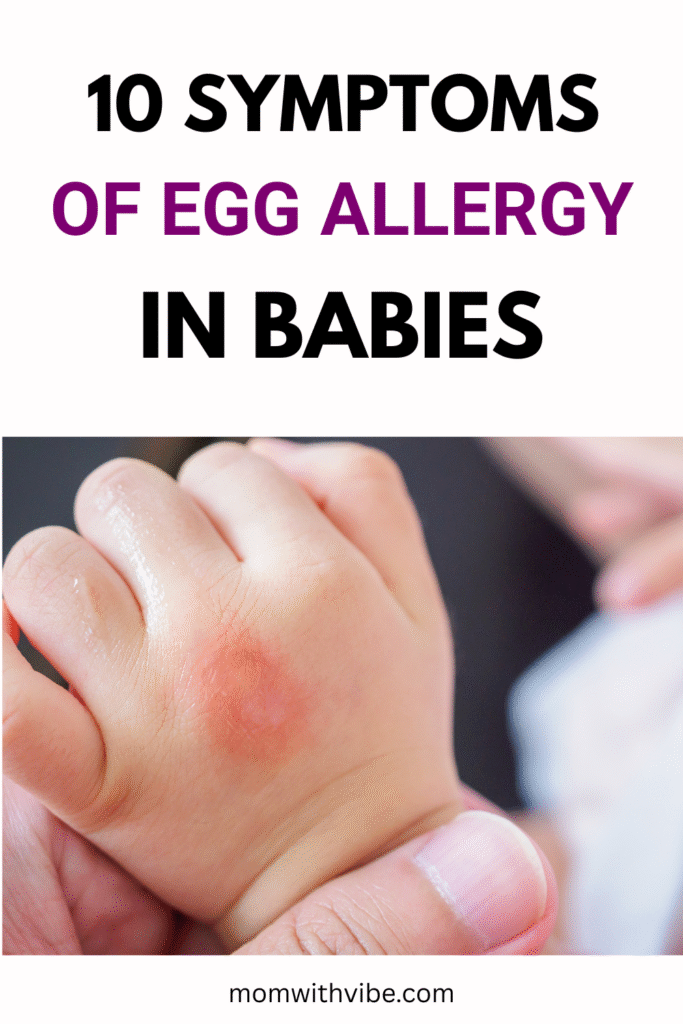
- 8th Month Pregnancy Care: What To Expect, Dos And Don’ts - January 17, 2026
- 80 Beautiful Hispanic Girl Names for Your Baby - January 8, 2026
- 7 Physical Signs Your Baby Still Isn’t Ready to Come Out - November 28, 2025
